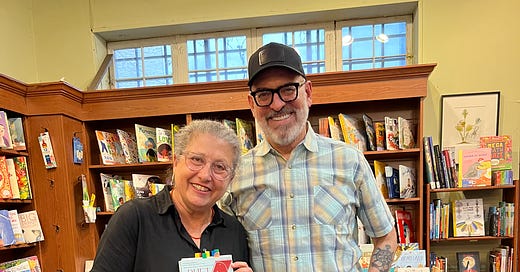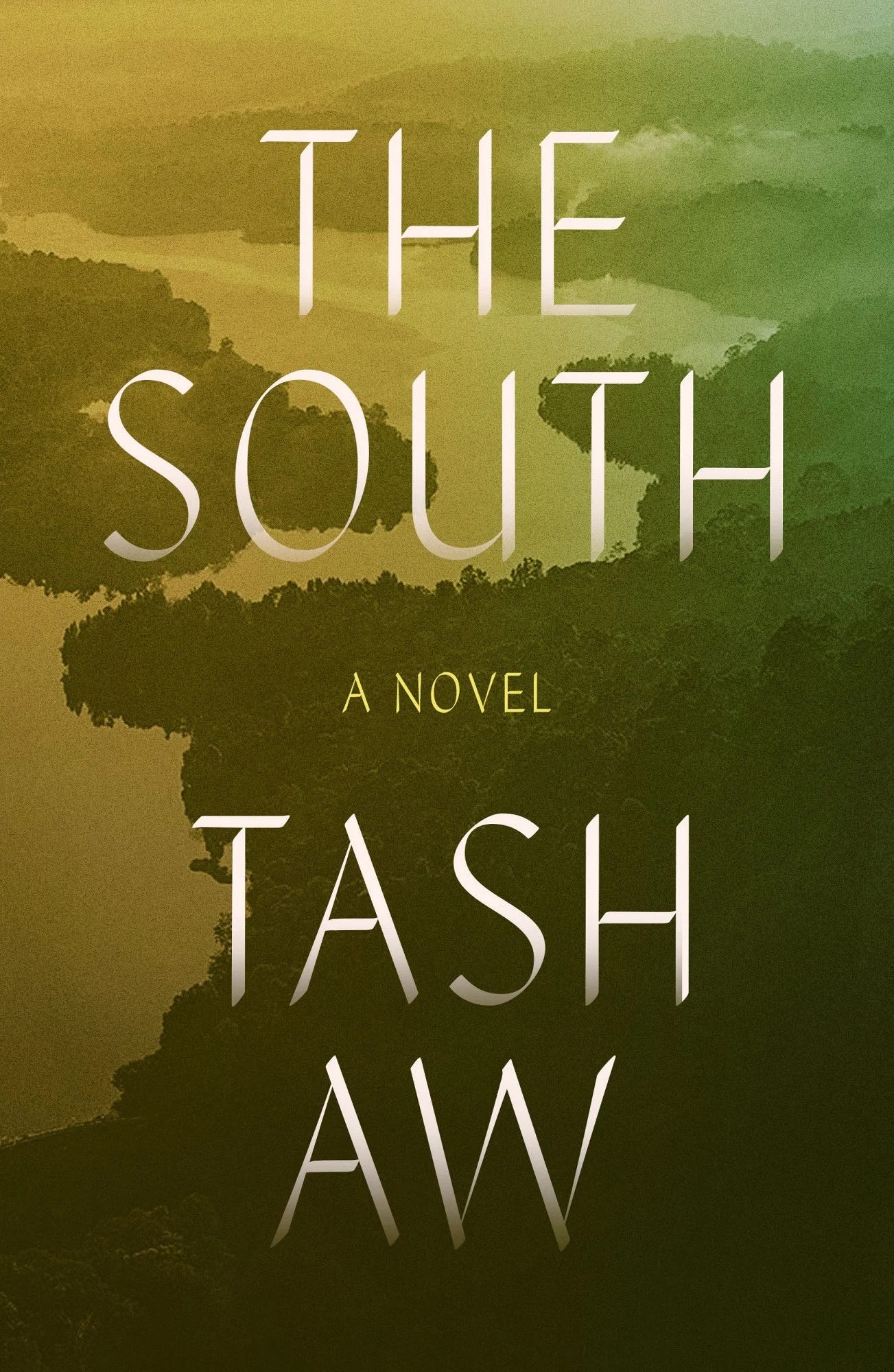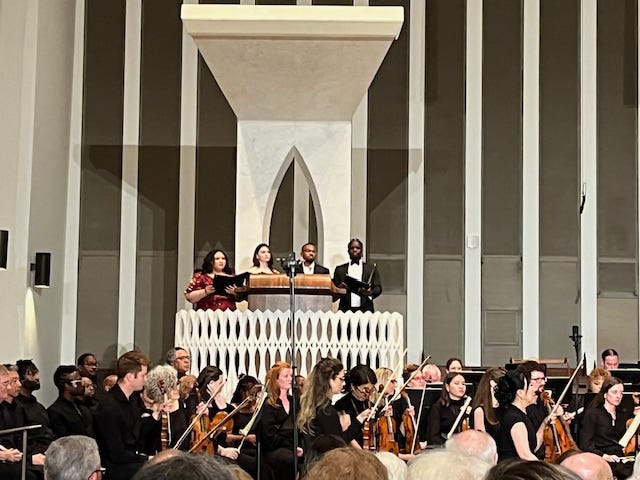If you haven’t read anything by Tash Aw, you might want to start. I just finished his new novel, The South, set in Malaysia, dubbed an “interlocking family saga and queer coming-of-age novel.” What blew me away was the simplicity and power of Aw’s prose, the spare presentation of two families spending time together, two boys in those families getting to know each other, a father and mother’s struggles as they go from illicit lovers to strained parenting and job loss. In other words, life.
This week we said goodbye to Alfred Brendel, a renowned Czech pianist. It is my deep regret that I never heard him play in person. He came to Washington frequently, but unfortunately I missed that boat. Brendel was known for his Beethoven interpretations, but I think this Haydn Sonata No. 34 in E Minor shows the clarity of his touch, making for a chrystalline sound.
Speaking of Beethoven, last night we went to a concert called “Ode to Joy, Ode to Freedom” in honor of Juneteenth. The New Orchestra and the Washington Douglass Chorale performed Beethoven’s Ninth Symphony in the stunning National Presbyterian Church. It was a smallish orchestra and a smallish choir (only 35 singers), but the impact was profound. This is dense, serious music, in a dense serious time. Beethoven is at his most raw and instrospective, struggling with world events, family drama, and his own failing health.
Beethoven was fully deaf when he composed the Ninth. I thought about what that meant for him while I was listening. There is the obvious—the tragedy of deafness for a musician. But what about the liberation of deafness? I believe his failing hearing drove Beethoven inside himself, allowing him to break out of contemporaneous musical conventions that might have constrained him otherwise. The Ninth, like his other late works, is filled with novel dissonances, abrupt stops and starts, fragments of ideas and melody that he uses as building blocks to monumental effect.
The concert was meant to be a form of resistance in a hard time, with a racist presidency that wishes to erase the fundamentals of American history. Cutting funds, firing workers, banning library books, targeting Black and Brown leaders, imprisoning immigrants, does not change the reality of our history. It does not make us a white country—we have never been one—a free country, a beacon of democracy. It is leadership by hate, which weakens us and sinks us into despair.
Music is resistance. Reading is resistance. Reaching out to each other, supporting each other during this dark time is resistance. Standing up and saying no is resistance. Let’s keep going. It can be hard and discouraging, but we don’t have a choice if we want a better future.
It was a delight to be in conversation with Paul Lisicky last week at Head House Books in Philadelphia. If you haven’t read Paul Lisicky, Pride Month is a great time to start, but don’t limit your reading to June! Lisicky is a breathtaking memoirst, and fiction writer as well.
As I mentioned in Philly, my great grandmother, who escaped the 1905 Ukranian pogroms with her four children, made her way to Philadelphia, and reunited with my great grandfather who had arrived two years earlier. She went downtown every day and sold sauerkraut in Head House Market, considering herself first a business woman and secondly a mother. My grandmother, who had to leave school in the sixth grade to help support her family, sold butter and eggs in Head House Market. I believe that is where she met my grandfather. It was a joy to be in a place that holds so much family history and to visit with members of my extended family who live in Philly.
Have a wonderful week.
Love, Martha
P.S. ICYMI, here’s last week’s newsletter/Substack, “When music in your book goes live.”
Click here for the complete playlist for DUET FOR ONE on Spotify.







Deeply interesting and beautifully written as always! Thank you!
As always, beautiful words, beautiful message.